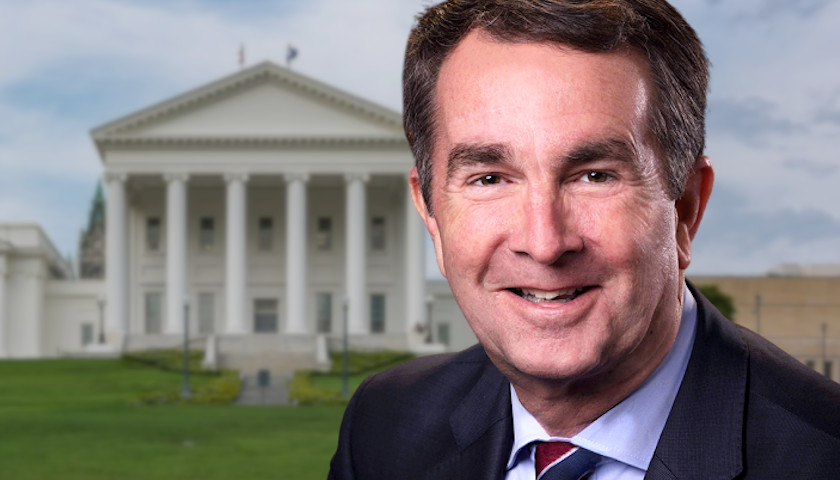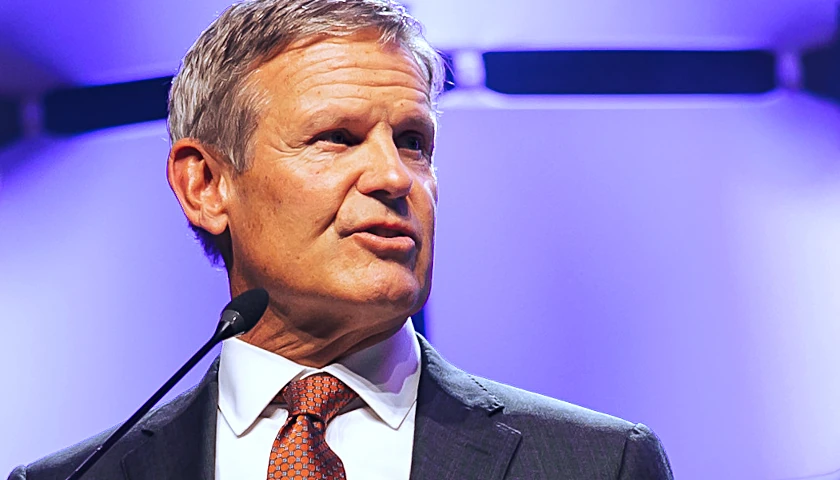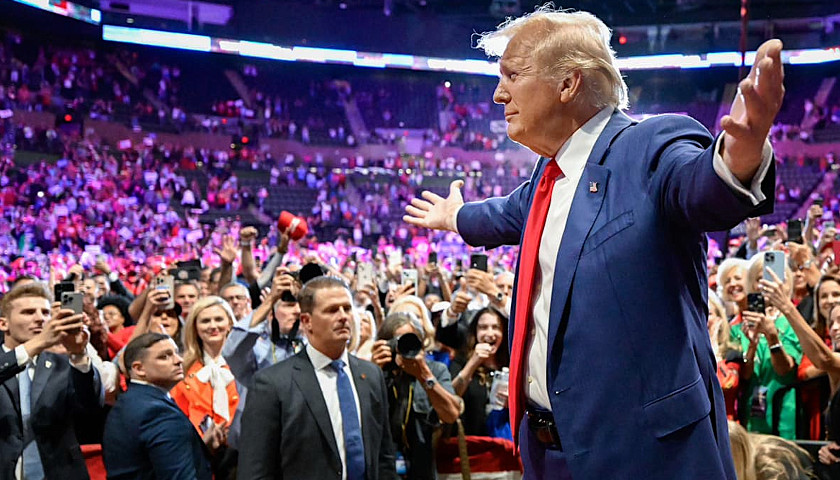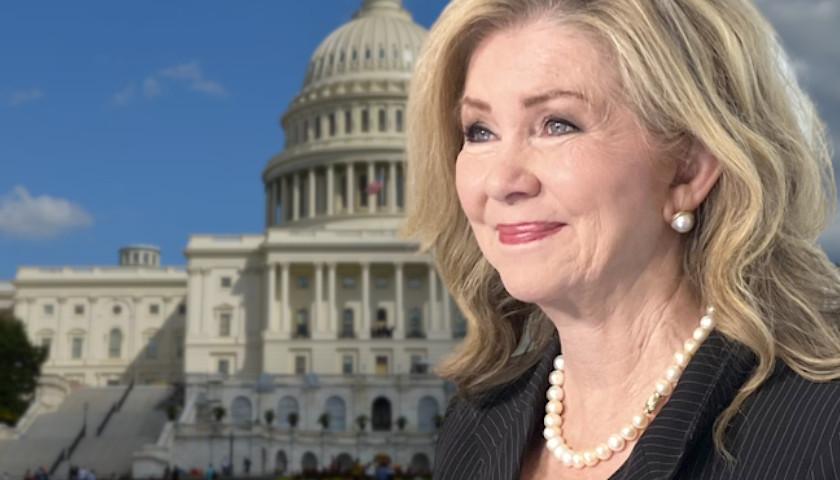As part of his “Investment Week” announcing American Rescue Plan Act (ARPA) allocation proposals, Governor Ralph Northam announced $862 million for Virginia’s unemployment insurance trust fund, depleted during COVID-19.
“Shoring up the Commonwealth’s unemployment insurance trust fund is a smart investment that will prevent Virginia businesses from paying higher taxes and allow our economy to continue surging,” Northam said in a Tuesday announcement.
According to the Virginia Association of Counties (VACO), at the end of the first quarter of 2021 the fund had a negative balance of $400,000, down from a pre-pandemic $1.4 billion balance. In June, VACO reported that could have led to a 400 percent increase of unemployment insurance taxes that employers had to pay. Then-Secretary of Finance Aubrey Layne recommended using at least $1 billion of the ARPA funds to replenish the unemployment insurance trust fund.
“The funding is appropriate, I’m wondering if the funding level shouldn’t be higher,” Delegate Joe McNamara (R-Roanoke), an accountant and business owner, told The Virginia Star.
McNamara said businesses pay unemployment tax per employee, and that it functions similar to insurance — a business’ rates go up if it has more unemployment claims. The first $8,000 in wages from each employee is taxable. He said the rate for his business, which hasn’t had any claims, is .33 percent. But if that goes up, it will be especially harmful to small businesses with a lot of part-time employees.
“Let’s say you have fifty people [making $10,000 per year,] you’d be paying on $8,000, let’s say 50 times eight, that’s $400,000 would be your total payroll you’d be paying on,” McNamara said. “One percent of $400,000 is $4,000. Three percent is $12,000. It can get pretty pricey for sure.”
McNamara said the high unemployment claims last year weren’t caused by bad business management, but by Virginia’s business closure mandates. Still, without federal or state money replenishing the unemployment insurance fund, businesses will have to pay. As a result, McNamara said using ARPA to replenish the fund needs to be a top priority.
The National Federation of Independent Business in Virginia said they were encouraged by the allocation proposal, but are waiting to see if it is enough. A press release warns that business owners will also face a new minimum wage of $11 per hour starting in January, and an increase in the unemployment insurance tax rate could be harmful.
In the release, Virginia State Director Nicole Riley said Virginia’s businesses are still struggling to find qualified workers.
“We’re encouraged by this news and look forward to seeing if this deposit will significantly blunt the anticipated quadruple increase in taxes small employers will have to pay in January,” she said. “Our members are anxious as they look ahead – they want to know their new UI tax rates, especially in light of another impending minimum wage increase to $11 per hour this January. That increase, along with the UI tax increase could hurt our Virginia small business owners even more.”
Northam has also announced ARPA allocation proposals for $411.5 million for wastewater and similar projects throughout Virginia. On Wednesday, he announced $485 million proposal of ARPA and state spending for Virginia’s behavioral health system, including $200 million for staffing in troubled state behavioral health facilities and intellectual disability training centers.
Democrats Won’t Allow Member Amendments to the Proposals in Upcoming Session
Northam doesn’t have the authority to spend the money without General Assembly approval, and the legislators will meet next week for a special session to allocate the funds. But General Assembly Democratic leaders have said they won’t allow member amendments to Northam’s proposals.
In a memo to the Delegates, Chair of the House Appropriations Committee Luke Torian (D-Prince William) also said the session would only be limited to consideration of ARPA proposals.
“It simply would be impossible to thoroughly evaluate [member amendments] in what is expected to be a short and expeditious Special Session,” Torian wrote.
General Assembly Republicans portrayed the decision as undemocratic.
“I guess my job will be to go to Richmond and vote ‘no’ to a budget that has had no input from Virginia Republicans and our constituents,” Senator Jen Kiggans (R-Virginia Beach) said on Facebook.
Kiggans is running for the GOP nomination for Virginia’s Second Congressional District.
McNamara told The Star that for normal budget bills, the General Assembly often spends the majority of a lengthy regular session discussing amendments to the governor’s proposals, and both parties often contribute significant changes to the proposal. While allocating the ARPA funding isn’t a normal budget proposal, McNamara lamented the lack of a more bipartisan plan to discuss the expenditures.
“There’s going to be a tendency to take the recommendations of the governor, many of which I think would find broad support on both sides of the aisle. But I think we are trending towards a monarchy the way this process has been going so far. Now, perhaps this process will change between now and Monday.”
He proposed allocating about half of the money for clear immediate needs that have bipartisan support. But he said the other half should be saved until a future regular General Assembly session where there would be time to go through the normal process.
McNamara said, “$4.3 billion dollars is roughly 20 percent of our annual General Fund. So it is an enormous amount of money. To not give that the full amount of consideration and deliberation is a true disservice to our citizens.”
– – –
Eric Burk is a reporter at The Virginia Star and the Star News Digital Network. Email tips to [email protected].
Background Photo “Virginia Capitol” by Martin Kraft. CC BY-SA 3.0.





